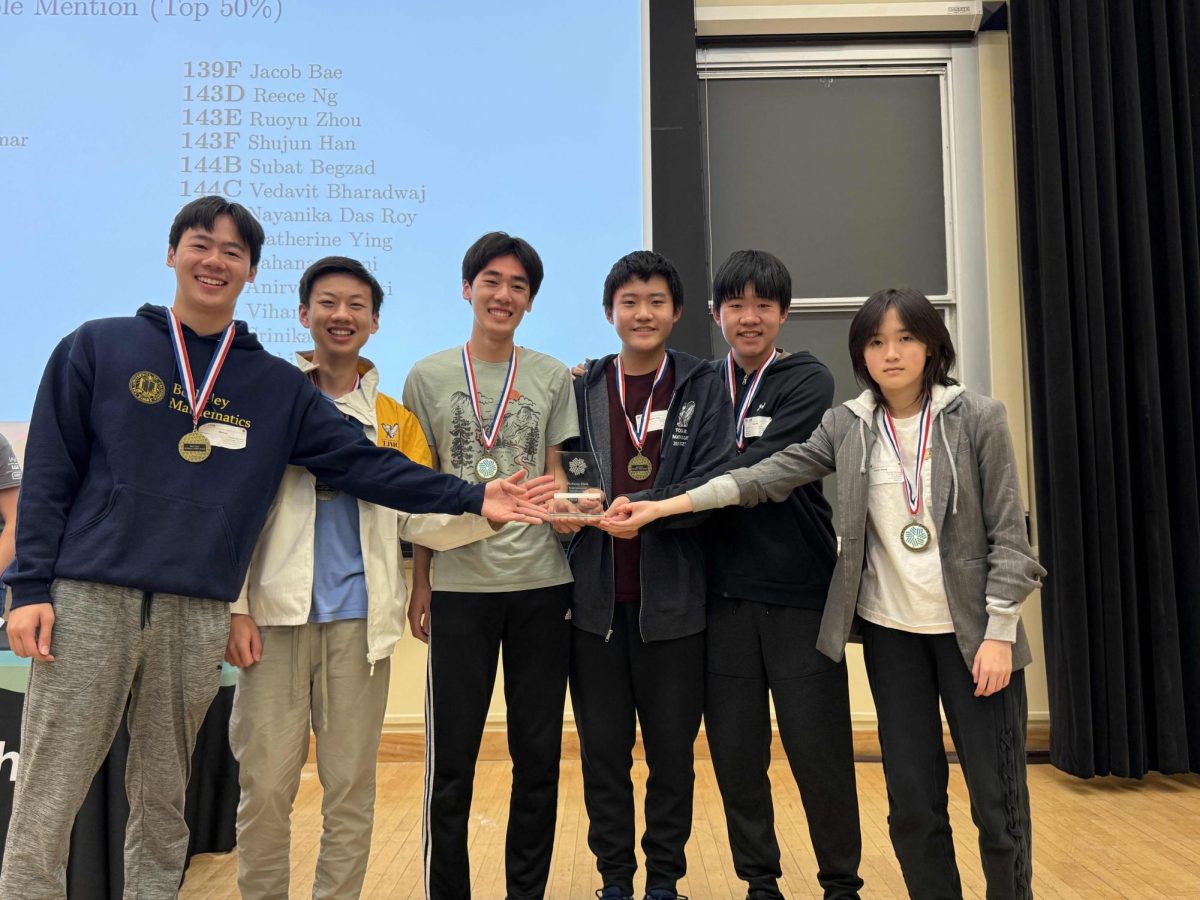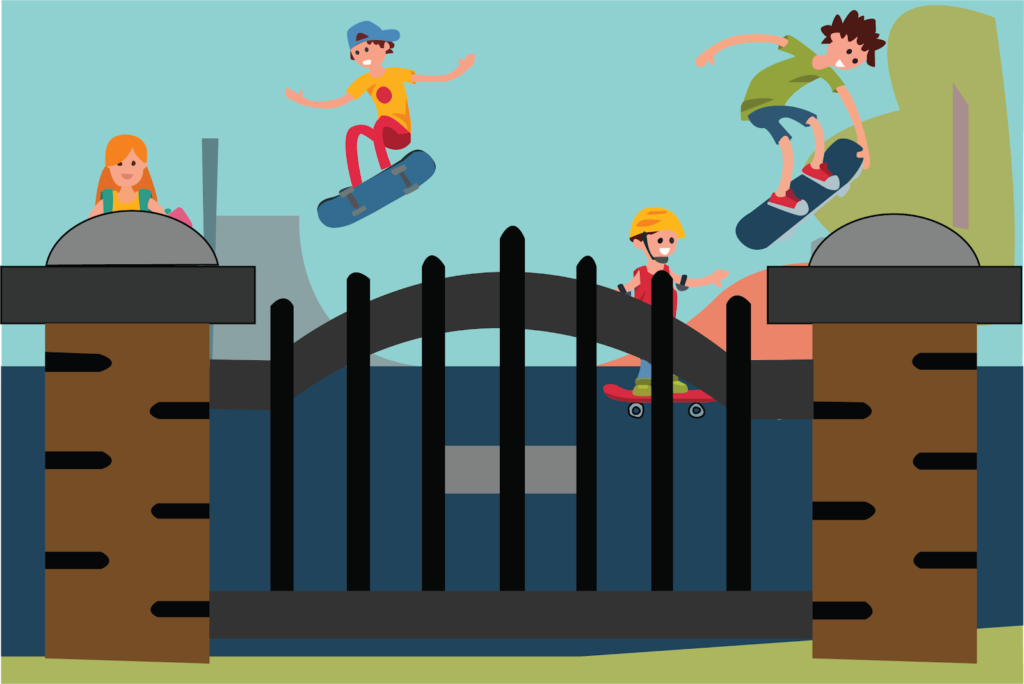Famed TikToker Avani Gregg, 18, has become the victim of mass hate for almost everything she does. From watching Harry Potter to wearing a shirt with the band Grateful Dead’s logo on it, getting accused of being a poser by angry fans has become a normal occurrence for Gregg. On Sept. 27, after posting a TikTok wearing the aforementioned T-shirt, Gregg was accused of being a poser and her video was filled with comments like “name one grateful dead song.”
Understandably, there was a lot of confusion as to why Gregg was receiving hate for doing something as harmless as wearing a graphic T-shirt with a band on it.
In the eyes of those who criticized Gregg’s clothing, their actions were justified. But really, who cares whether she’s a real fan of the band.
Even if Gregg never listened to their music, that is not an excuse to hate on her. She is simply wearing a shirt with the logo of a band. How does that harm anyone in any way? The fact that something as innocuous as a band’s logo on a shirt provokes so much anger within people that they feel the need to send hate to someone says a lot about what society has come to, which is unsettling.
Gatekeeping is the activity of controlling, and usually limiting, general access to something. Specifically, this leads to hate directed at new members of a community after the community starts trending, in an attempt to protect their community from bandwagoners. More recently, gatekeeping has become prevalent on social media platforms such as TikTok, where it is especially visible in communities such as skateboarding, anime, and in fashion and music subcultures.
A prevalent example of this hatred for outsiders was shown in the last few years as the Golden State Warriors started winning NBA championships. As word of the team’s success grew, popularity of the team blew up throughout the Bay Area and beyond.
However, gatekeeping of this team turned toxic when many original fans, who witnessed both the highs and lows of the team, grew frustrated with the flood of new fans who were attracted by the newfound allure of the team. On social media and in-person, arguments broke out with the earlier fans calling the newer fans “bandwagoners.”
Such gatekeeping is selfish in the sense that pre-existing members are not willing to open their community to newcomers. They do not own the sports team and it is not their place to withhold it from others.
By intentionally scaring off newer fans, insiders are effectively stopping the popularity of the team because new people become unwilling to join the community. This will only hurt their team, while also being ineffective in preventing a community from getting contaminated with bandwagoners or fake fans.
Furthermore, gatekeeping has proven to be an outlet for unnecessary hate against real fans as well. For example, Gregg also faced backlash when she posted an Instagram picture with her skateboard that caused an uproar among gatekeepers in the skateboarding community accusing her of being a fake.
This overreaction is partly to do with skateboarding becoming a trendy thing to do, which has resulted in noticeable patterns of people bandwagoning onto this hobby, purely for the aesthetic rather than being passionate about learning new skills. In an attempt to prevent bandwagoners from entering the community, some skateboarders are gatekeeping the community and rejecting those they think are only skateboarding because it is now trendy.
Obviously, there are always going to be bad apples in a community and there is no way to completely get rid of them, so gatekeeping is pointless in that sense. Not to mention fishing them out is toxic because it is not anyone's business to get involved with other people's personal decisions that don’t directly affect them in any way.
Hating on these skateboarders mainly comes across as an excuse to criticize others. Not only are they averting people from learning who truly want to learn how to skateboard, but they are also hurting people who are authentic skateboarders, like Gregg, who just got back into skateboarding after a back and knee injury as stated in a Twitter post.
Most cases of gatekeeping represent selfish behavior. In particular, when people gatekeep artists like the Grateful Dead, it not only creates division among true fans, but it is also harmful to the artists’ success. Rather than being happy for the artists for their newfound fame, the gatekeepers only care about their hidden gem getting exposed instead of being happy that the artist they love so much is getting the recognition they deserve.
Instead of gatekeeping, fans should be inclusive of everyone. There are always those who jump on trends only because they are gaining relevance, but there are also those who are willing to be in the community long after it has lost the gaze of the public. As gatekeeping has been causing more harm than good, the end of this practice will get us one step closer to a more peaceful and happier existence within communities.


























